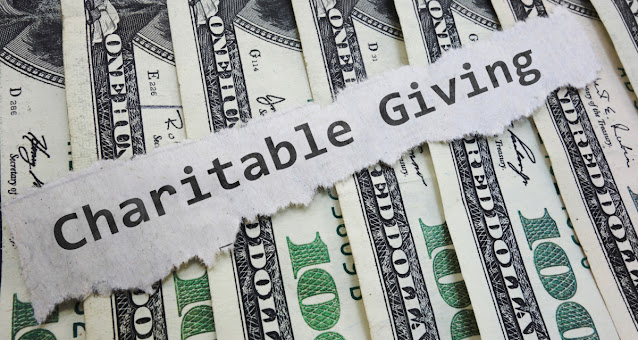Integrity of Non-Profit & Charity Organization's Overhead
Integrity of Non-Profit & Charity Organization's Overhead
By Ms Elena Metelina
Various authors, including Mark Steven LeClair, have examined the causes and effects of organizational corruption specific to non-profits and charities. He distinguished outright illegal and “soft” corruption[1] - the latter referring to the continued and deliberate misuse of donated funds to benefit officers of the non-profit, with little joint to the non-profit’s supposed cause.
Most people imagine non-profit organizations and charities as institutions that do good things for the world and help people in need. However, some unreliable non-transparent charities often damage the overall good image by the exposed embezzlement cases. Some initially have sincere intentions but eventually fail to deliver help because they waste enormous amounts of money on bloated administrative costs.
Consequently, it ruins people’s will to donate at all as they become skeptical and start thinking that their donations will be wasted in vain. For instance, back in 2011, the Red Cross launched its notorious 500 million dollars project to help rebuild Haiti, which had been hit by the earthquake a year before. As a result, very little help was provided for the Haitians for several reasons. The organization misused its funds very inefficiently, showing almost no outcome; therefore, its reputation was severely damaged.[2]
On the other hand, the administrative costs, as known as overhead, are a necessary tool for organizations to run efficiently and make an actual impact. Overhead expenses are budget items that include rent, administration costs, salaries, and bills required to operate[3]. Without overhead, proper management of the non-profit organization is near impossible. The major problem is that some organizations mismanage funds and attempt to shield them under the “veil of overhead expenses.”
Recently an outrageous case took place in South Korea. A South Korean organization, known as the Korean Council for Justice and Remembrance for the Issues of Military Sexual Slavery by Japan that helps women who were forced into sexual slavery for the Japanese military during World War II, has come under investigation for some of its financial dealings. One of the few remaining survivors of this wartime slavery accused the organization of using the survivors and their stories to collect public donations but spending the money on things that don’t actually benefit the victims. The Korean Council has admitted to «accounting errors» but has denied allegations of embezzlement and misappropriation[4].
As we can see, it is rather difficult to prove the misuse of funds because many non-profit organizations are not transparent enough when it comes to accounting. Moreover, since the donations are seen as voluntary, gratuitous acts, the organizations feel little responsibility to the donators and do not disclose their spending in detail.
The only way to bring back the donator’s trust is to make overhead as transparent as possible. When people choose between the charities with cheaper or more expensive overhead, they tend to lean towards the first option because they think that more money will be spent on direct aid, instead of salaries, rent, utilities, and other forms of help that seem more tangible. However, it is not always true. Even though the overhead may appear costly, it is essential to emphasize the broader impact it can make for the sake of the charity’s mission.
At the same time, it is the non-profit organization’s primary responsibility to reveal and update the information about the costs of delivering programs and services so that the funder can be educated about all the expenses related to the mission[5]. Furthermore, it is crucial to be transparent about the actual outcomes of the non-profit’s activities so that the funders would know that «expensive» overhead is helpful.
As for the concrete tools that could help deter the misuse of funds, either the existence of an independent voting board or the conduct of an independent audit is the most important means of preventing soft corruption; far more important than the state- or federally-mandated reporting requirements.
Resources:


Comments
Post a Comment